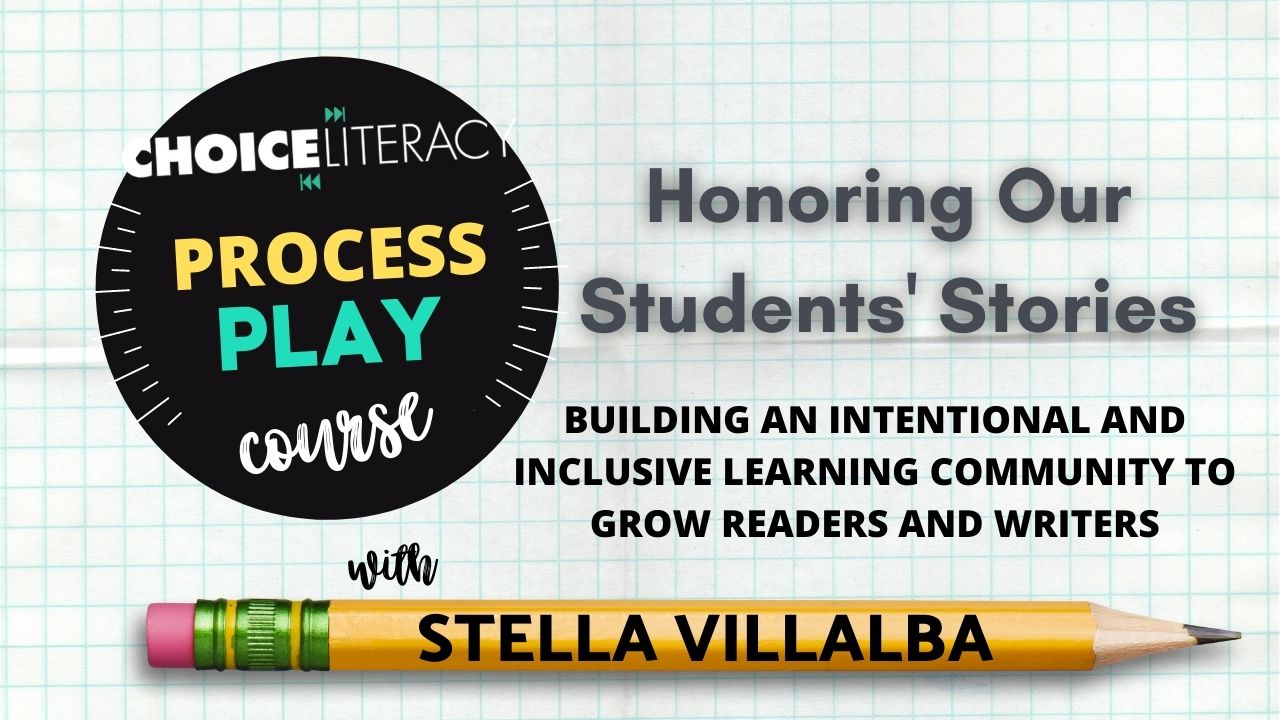The best and most beautiful things in this world cannot be seen or even touched—they must be felt with the heart.
—Helen Keller
Nourish the Heart
When I was a kid, I spent a lot of time in a small library where my mom was the director. There was a staff of two—my mom and Nancy. Nancy was eclectic, and I loved her. One summer she challenged me to read through the Childhood of Famous Americans biographies that lined the shelves in the corner of the youth section. I started at the top corner and read down the shelf. Then I read the next shelf…and the next…and the next. I read a lot of biographies that summer.
And I read one biography over and over and over—Helen Keller: From Tragedy to Triumph. I was intrigued by the way she learned, and I was enamored with Miss Anne Sullivan, Helen’s teacher. She didn’t give up, and she wouldn’t let Helen give up either. As the years went on, I continued to read more about Helen Keller and Anne Sullivan.
I think that is when I first learned that doing things with your whole heart matters.
The articles in this issue are full of heart. If you’re looking for ways to nourish your instruction or leadership, then you won’t want to miss this week’s articles and videos. As always, they offer practical ideas, and the contributors let us peek into their classrooms and their hearts.
In a world that is full of ideas for literacy, I am intrigued that Choice Literacy offers more—we offer heart. This collection is special, as contributors share their difficult life experiences and then allow them to influence their teaching practices with soft hearts and wisdom.
This week we look at ways to nourish the heart for student growth to flourish—plus more, as always.
Shine on,
Ruth Ayres
Editor in Chief

We can’t forget the importance of being kind to ourselves. Ruth Ayres explains how small pleasures add up to big delights. This article was first published in 2012.
Jen Schwanke remembers her own experiences with trauma as a scared young girl, and how one kind teacher made all the difference in putting her on the path to healing. This makes her ponder the power of literacy in reaching wounded students in our midst. This article was first published in 2020.
Are you looking for an in-person conference to attend? CCIRA is offering a remarkable lineup of voices for their annual conference. The theme is “A View From Here,” and you will be glad to be part of the learning.
Stella Villalba teaches us how to discover, honor, and share student stories throughout the school year. With special attention to English learners, Stella walks educators through a process to intentionally honor the past and present of all students.

New members-only content is added each week to the Choice Literacy website. If you’re not yet a member, click here to explore membership options.
Josie Stewart and Hannah Tills share a meaningful booklist to help navigate emotions that come from difficult experiences such as the death of a loved one, moving homes, or an unexpected diagnosis.
Becca Burk noticed entitlement and discontentment in her students, so she turned to research to discover how to change students’ attitudes. She discovered gratitude can develop empathy, and the Thankful Thursday Award was born. This changed student attitudes while building literacy skills.
In a video, Christy Rush-Levine connects students to support each other as they write their literary analysis essays.
In an encore video,Tammy Mulligan shares a routine where second graders create an identity frame. This becomes a place to highlight photographs of their learning each week throughout the school year.

New members-only content is added each week to the Choice Literacy website. If you’re not yet a member, click here to explore membership options.
In a new Coaching Minute, Paula Fiscus shares the notion that change is a catalyst for growth. Although change can be difficult and challenging, it is also rewarding.
Esther Choy unpacks why it is important for leaders to use storytelling to build a strong culture and to understand complex ideas.
Quote It:
A strenuous effort must be made to train young people to think for themselves and take independent charge of their lives.
—Anne Sullivan
That’s all for this week!




